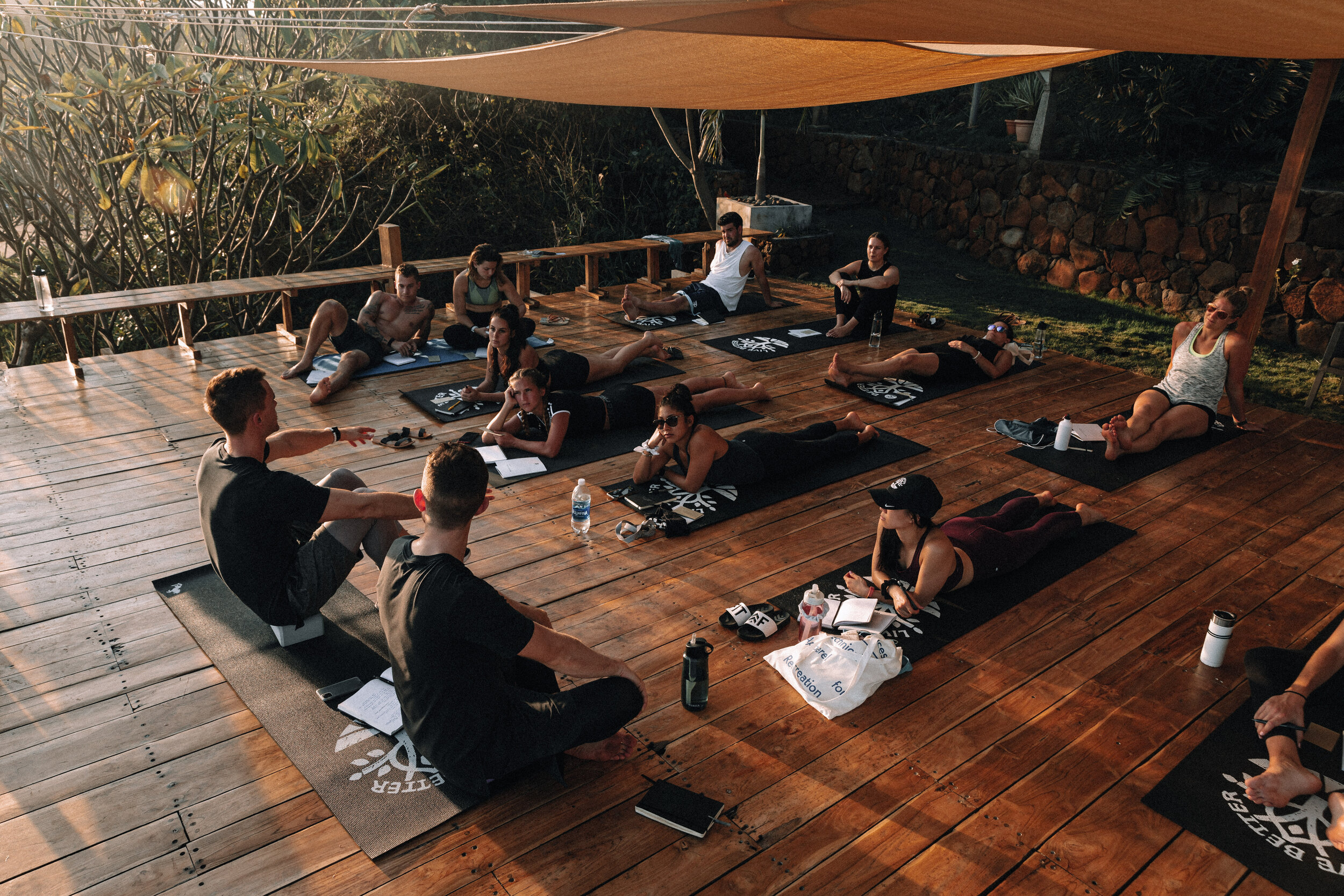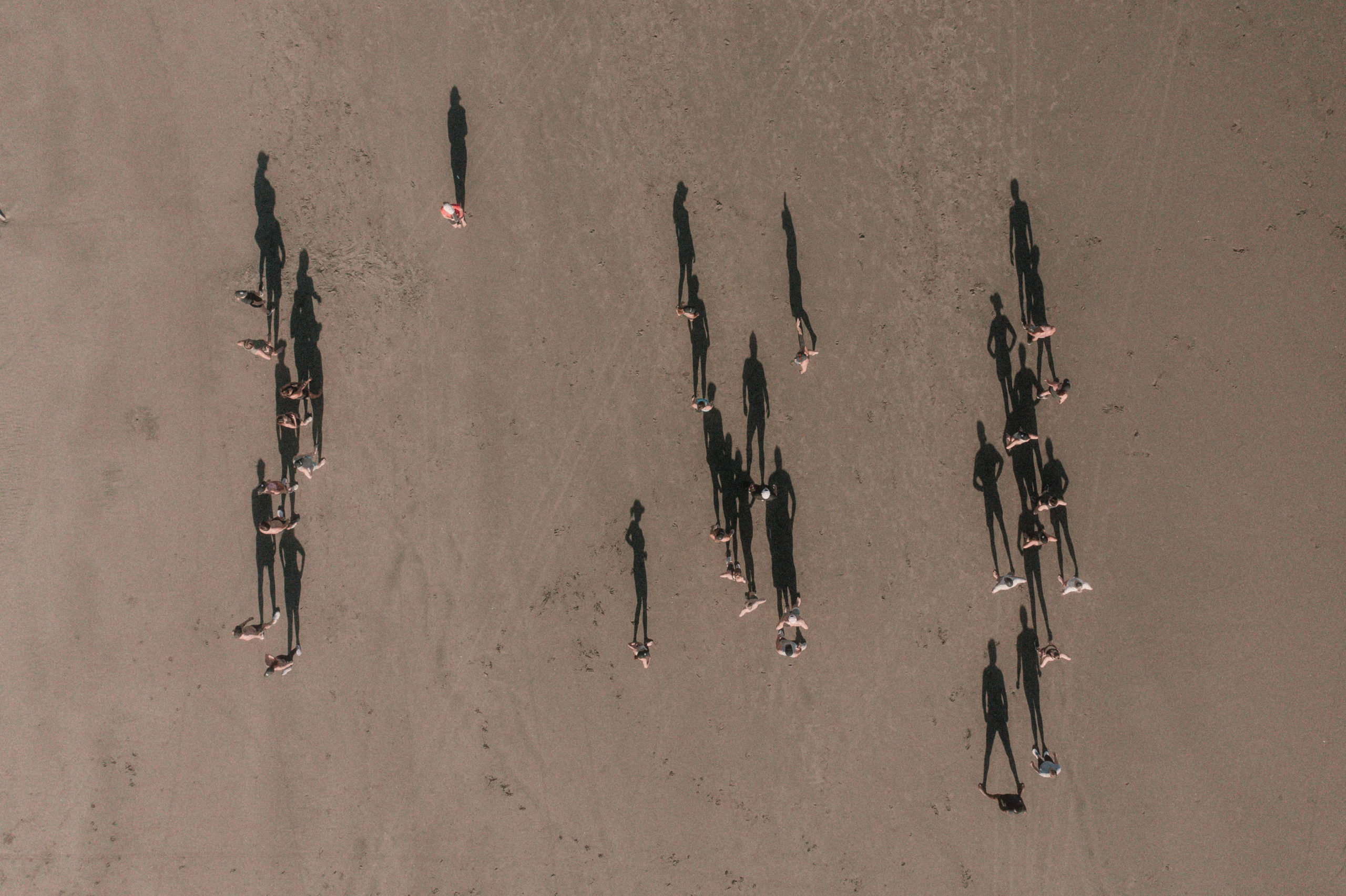In the past, we talked a lot about “winning your morning” and what it means to protect that first bit of time in your day.
But what happens during the rest of the day? How do we carry over that momentum to ensure we are disciplined with our time throughout the day in order to create free time elsewhere in our schedule?
One of our basic human complaints is, “I just don’t have enough time.”
The thing is…you do; you simply waste it in places you may not even realize. The following are five steps to be more disciplined with your time, with actionable strategies to combat ever having to mention the complaint above.
1) Create more “deadlines.”
We’re not suggesting you add more arbitrary deadlines like your office does. Procrastination is real, and Parkinson’s law tells us that “a task will swell in (perceived) importance and complexity in relation to the time allotted for its completion.”
Don’t believe us? Just give this video a watch and see if you can relate.
Here, we’re talking about deadlines to do necessary tasks, like “chores” or taking care of your finances.
We’re also talking about finishing those “side hustle tasks,” like that certification you always wanted to pursue, or starting to learn a new language. It will sit on your desk forever if you don’t put some real deadlines around completion.
Pro tip: be accountable to someone else that won’t let you off the hook. Do not rely on those that will give you a pat on the back for a job failed; get a coach, get someone to check-in with, and get the work done.
2) Save Time By Creating Morning and Evening Routines.
Like Jocko always quotes, “Discipline = Freedom.” A little time spent working hard first thing creates more free time to do what you want later in the day. Without the priming effect of a morning routine, you are leaving its success to chance; we’d rather create the best day ever by actively making it so.
Evening routines set us up for sleep and prepare us for the next day. No longer will you get out of bed and spend a full hour trying to get dressed for the gym, wondering why you’re sitting at your kitchen counter staring into space before you realize you have to get ready for work. Just lay your clothes out the night before and have your coffee already in the maker.
Pro tip: Get all the white noise from the day out of your head by creating a “task list” for the next day — this way, you won’t have to fall asleep thinking about all the things you have to do tomorrow. They will be ready on your Post-It note first thing.
3) Create “Transitions” in Your Daily Routine.
Often times, we allow the “ping” of our phone or email to throw us off task. Especially during deep, creative work, we want to let the flow of our work day take over to keep us efficient. We suggest “task batching” (like answering emails, doing quantitative work, etc.) things you need to complete in volume.
Pro tip: say “DONE” out loud when you are finished with one “batch” of tasks, physically get up from your workspace, and transition to another. After a short break, say “GO” when you’re ready to start the next.
Although seemingly trivial, it helps creates a verbal wall between different types of work, thus allowing your brain to focus on its new avenue of attention. In the book The War of Art by Steven Pressfield, he recites a “prayer to the Muses” before starting creative work. It’s a mental priming strategy to get to work (no matter if he feels like it or not).
4) Create a Different “Space” For Each Type of Task.
We talk a lot about the importance of dedicating a different (physical) space for specific types of work. For instance, you shouldn’t use your bed to answer emails — your brain knows that is where you sleep — you may find yourself drooling over your keyboard at 3:00am with the lights on if this is your evening routine.
We like to make space for the following activities:
-
Work
-
Sleep
-
Recreation
-
Creative
-
“Health”
Make sure your brain knows what you’re trying to do, where.
Pro tip: you can also prompt your brain through the use of your sense of smell — try the same type of scented candle or oil each time you attempt a certain task, like writing or sleeping.
5) Schedule “Free Time” in Your Calendar.
As adults, maybe we don’t feel like we need to schedule free, fun time…but we do. Just like the complexity of a task will swell to the time you allot it, work will swell to fill free time you otherwise should be taking to have fun.
We’re (personally) guilty of letting work overtake personal and recovery time. This is especially true for entrepreneurs or anyone who can relate time at work to more money earned; working more is not always the answer.
Pro tip: Put your workouts in your calendar you use for work. You can also add “reading time” or “date night” into the calendar as well; this ensures you are giving equal priority to these blocks of time instead of letting something else (you perceive to be more timely) intrude on its importance.
Think of it like scheduling “recess”, just for adults.
Your success, over the long-term, is what you do consistently well. What we can make habitual will create patterns, and positive patterns of action add up to better outcomes. We can get lucky, or we can create our own “luck” by consistently being disciplined with our time and make it happen.
The “best day ever” shouldn’t be left to chance — make it happen.
Leave a Reply Cancel reply
Tired of reading? check out our podcast.
Available on:
SPOTIFY
Apple podcasts
Listen now
The Best Day Ever Club
Join our exclusive newsletter to be the first to know about upcoming events, product recommendations and future retreats deals.
Thank you!
Your message has been sent. We'll contact you shortly
© 2021 Live Better LLC | Disclaimer | Diversity & Inclusion | Accessibility | Privacy Policy | Retreat Policy | Terms & Conditions | Website design by Isla Luna Studio




